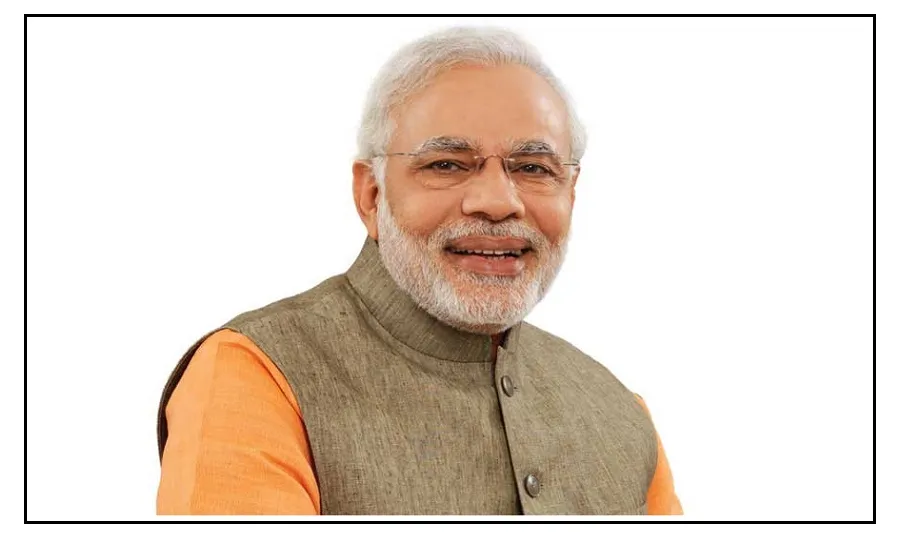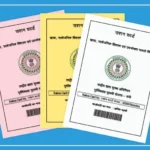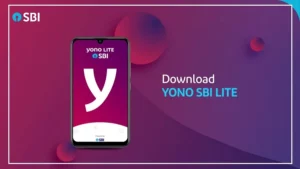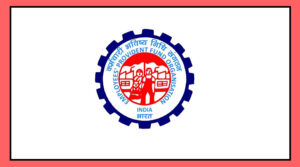The Government of India has taken a major step toward digitizing healthcare.
Similar to a bank account, every citizen will soon have a personal health account that securely stores their entire medical history.
This service is available through the Ayushman Bharat Health Account (ABHA), part of the Ayushman Bharat scheme.
What is the Abha Card?
The Abha Card is a digital health ID card designed to store all your health-related information.
This unique 14-digit number can be created by every citizen and is used to access medical history within the healthcare system.
The Abha Card ensures that your health information is safely and easily accessible.
How Does the Abha Card Work?
The Abha Card contains a QR code that, when scanned, allows doctors to view your complete medical history.
For security, patients need an ID and password, which are only accessible to the Abha Card holder.
This feature enables doctors to quickly access patients’ medical information without additional paperwork.
Difference Between Ayushman Card and Abha Card
While the Abha Card stores medical information, the Ayushman Card offers up to Rs 5 lakh in free, cashless treatment.
Anyone can create an Abha Card, but only those who meet the government’s criteria are eligible for an Ayushman Card.
How to Get an Abha Card
There are no special eligibility requirements to get an Abha Card. Every citizen can apply for one.
You can visit your nearest health center, government hospital, or register on the official Ayushman Bharat Yojana website to create your Abha Card.
The Abha Card aims to securely digitize health information, making it easy to maintain records and communicate with doctors.
Although it doesn’t provide free treatment like the Ayushman Card, it offers a secure way for citizens to manage their health information.

























